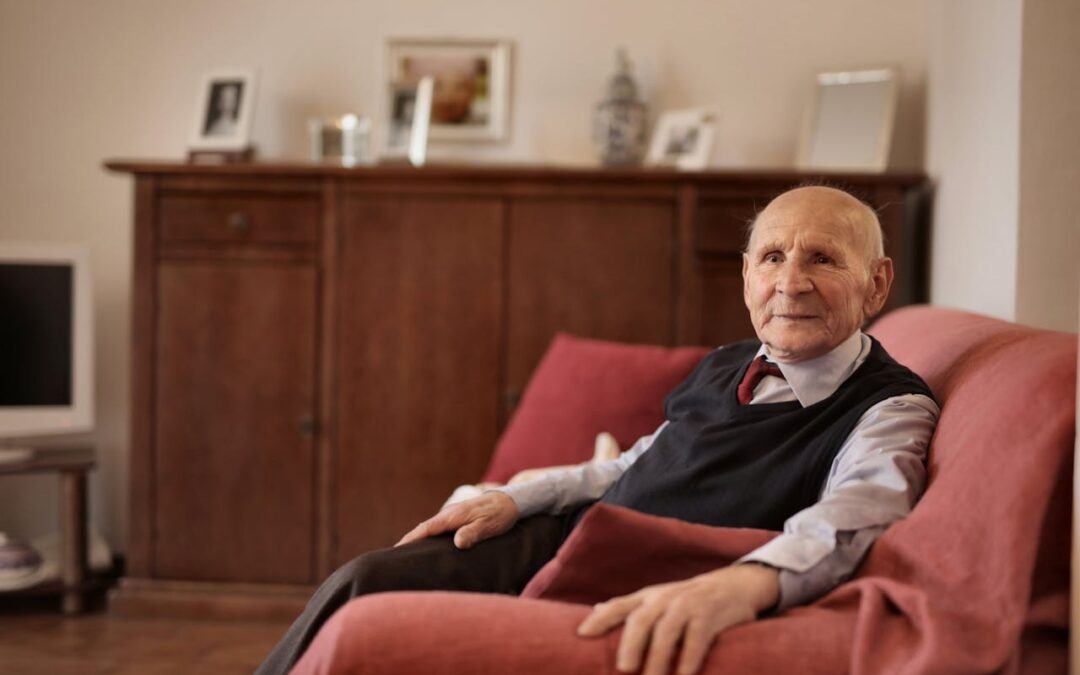When families begin looking at long-term care options for their ageing loved ones, the terms private elderly care and specialised dementia care often surface. While both provide essential support for older adults, they are not the same. Understanding the difference is vital in choosing the right level of care.
Private elderly care generally focuses on supporting older adults with daily living needs such as meals, personal hygiene, mobility assistance, and companionship. It is ideal for seniors who are physically frail or require extra help but do not live with complex cognitive conditions.
Specialised dementia care, on the other hand, is designed specifically for people living with Alzheimer’s or other forms of dementia. Dementia is a progressive neurological condition that affects memory, thinking, behaviour, and the ability to perform everyday tasks. Symptoms such as wandering, sundowning, confusion, forgetting to eat, or changes in mood require specialised strategies and highly trained carers. At Livewell, we provide tailored dementia care that goes beyond the scope of general elderly care. Below, we answer some of the most common questions families ask when comparing the two.
1. What is the main difference between private elderly care and dementia care?
Private elderly care focuses on supporting seniors with physical needs and daily routines. Dementia care specifically addresses the cognitive and behavioural challenges of dementia, requiring specialised staff training, secure environments, and therapeutic activities.
2. Why is specialised care necessary for people with dementia?
Unlike typical ageing, dementia is a medical condition that affects memory, behaviour, and decision-making. People may wander, forget to eat, become disoriented, or experience sundowning (increased confusion and agitation in the evening). Specialised dementia care ensures these behaviours are managed safely and compassionately.
3. How does Livewell keep residents safe?
At both of our Estates in Bryanston and Somerset West, security is built into the environment. Secure perimeters allow residents to walk freely without risk of wandering away, and discreet monitoring ensures their safety. A high carer-to-resident ratio means residents are never left unattended, offering constant reassurance for families.
4. What kind of staff training is involved?
Our carers and nurses are medically trained in dementia-specific care. This includes managing medication, recognising behavioural triggers, providing emotional reassurance, and using communication techniques adapted for people with cognitive impairment.
5. Do dementia care facilities provide structured routines?
Yes. Routines are vital in reducing anxiety and confusion for those with dementia. At Livewell, daily schedules include personal care, meals, cognitive activities, and social interaction, helping residents feel secure and engaged.
6. What activities are offered that differ from general elderly care?
While elderly care may include general social or recreational activities, dementia care focuses on memory-stimulating activities and therapies such as music, art, gardening, and cognitive exercises. These activities are designed to enhance brain function, reduce agitation, and bring joy to residents.
7. How does Livewell involve families in care?
Families are encouraged to visit often and be part of their loved one’s life. We celebrate birthdays, Mother’s Day, and other special occasions together. We also keep families regularly updated on their loved one’s wellbeing, ensuring transparency and connection.
8. How is medical support handled?
In addition to round-the-clock carers, Livewell has nurses on site and doctors available on call. Medication administration and health monitoring are managed with strict protocols, offering families peace of mind that medical needs are always prioritised.
9. What are the dining and nutrition options?
Unlike standard elderly care homes, dementia care facilities pay close attention to the nutritional challenges that come with cognitive decline. Residents may forget to eat or lose interest in food, so meals at Livewell are carefully planned, balanced, and supervised to ensure residents receive the nutrition they need.
10. How does dementia care support emotional wellbeing?
Living with dementia can be frightening and isolating. At Livewell, our personalised dementia care focuses not just on physical health but also on emotional and psychological support. Carers provide companionship, reassurance, and activities that help residents maintain dignity, purpose, and joy in their daily lives.
In Summary
While private elderly care provides important support for older adults, dementia is a unique medical condition that requires a more specialised approach. Facilities like Livewell are designed to meet these needs – offering security, trained carers, engaging therapies, and family-inclusive care. For families, this means peace of mind knowing their loved one is not only safe but also living with dignity, purpose, and compassion.
If you are considering a specialised dementia care facility for your loved one, get in touch with Livewell to discuss your loved one’s requirements.
